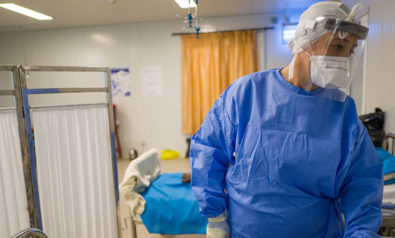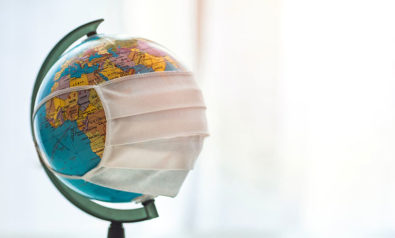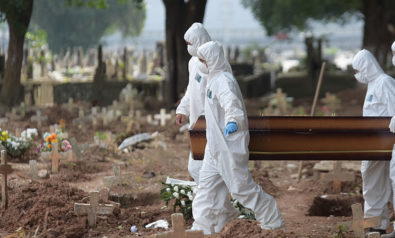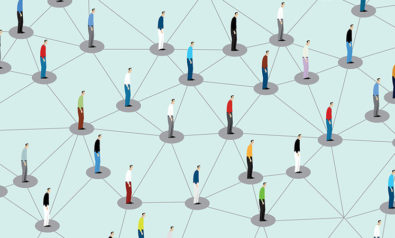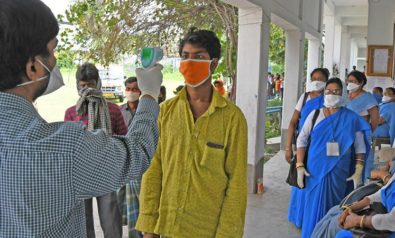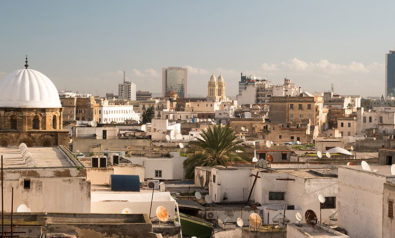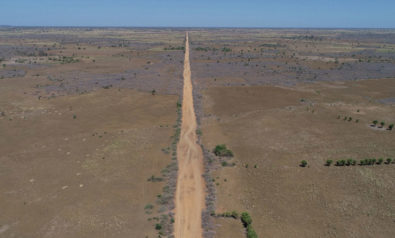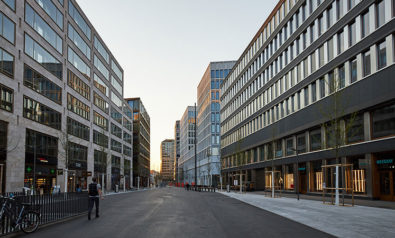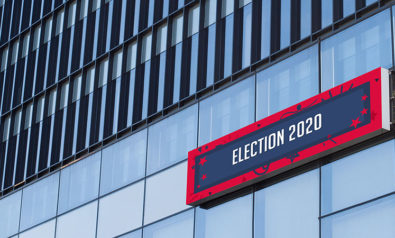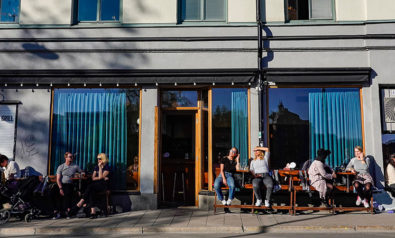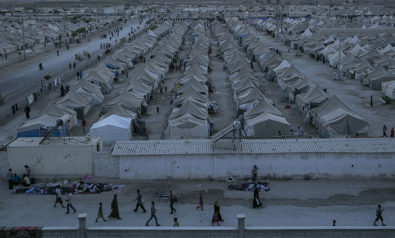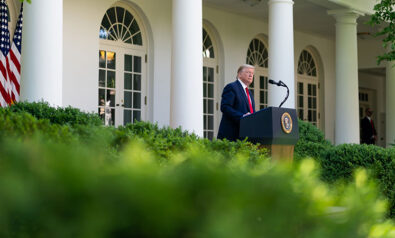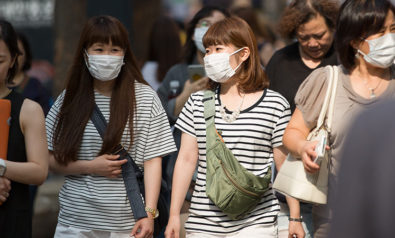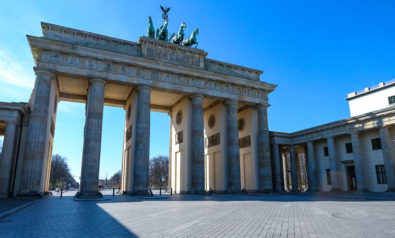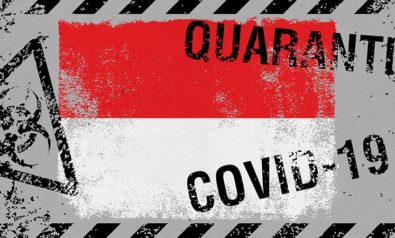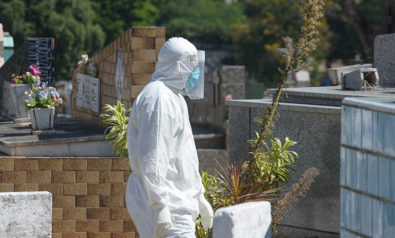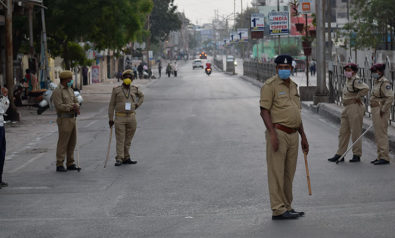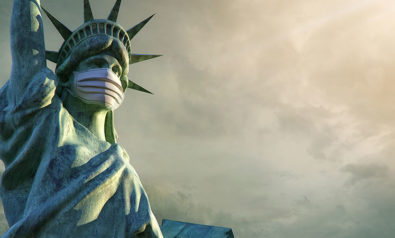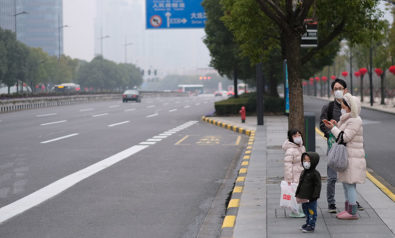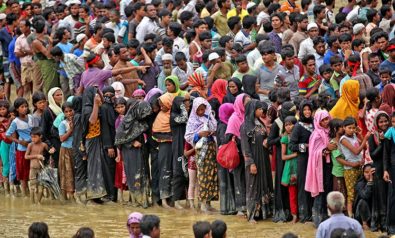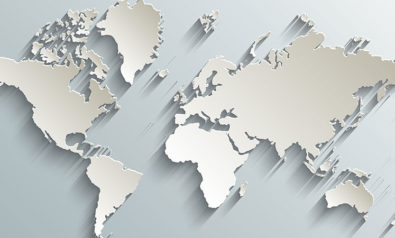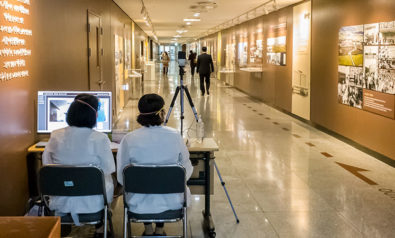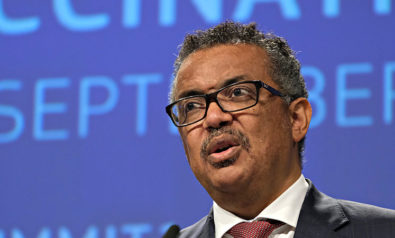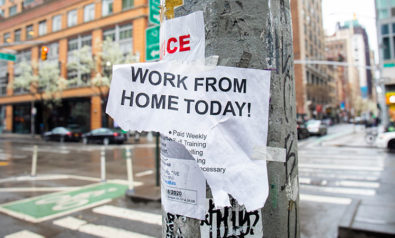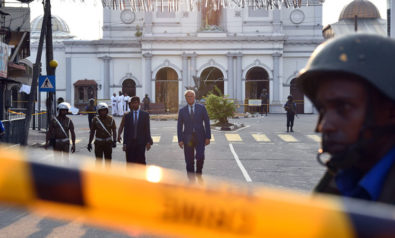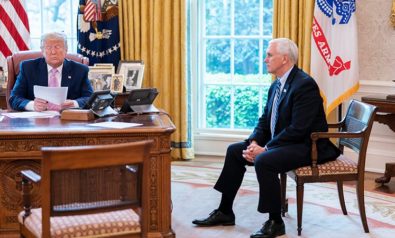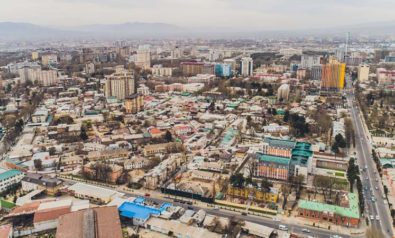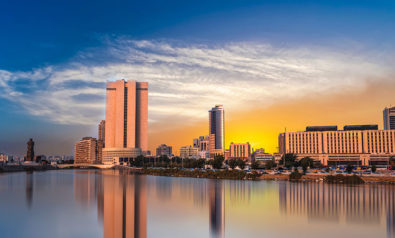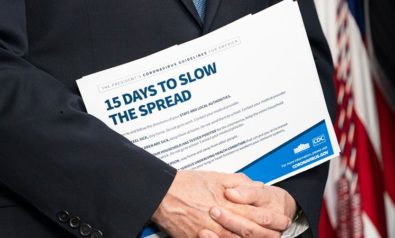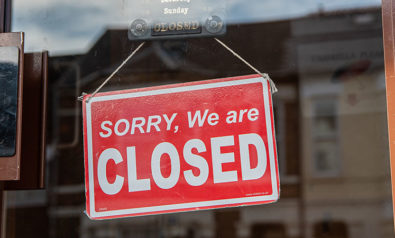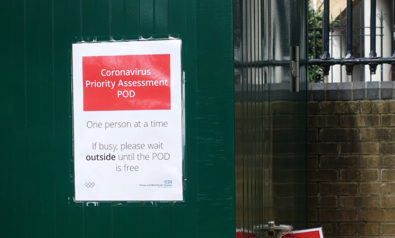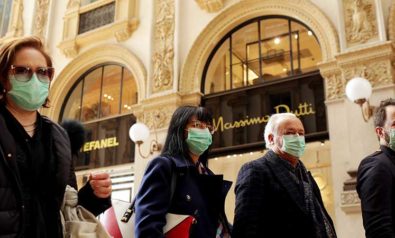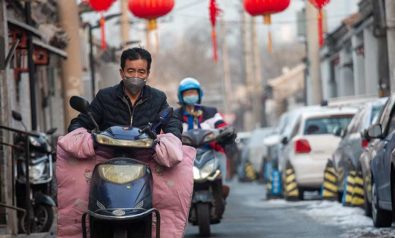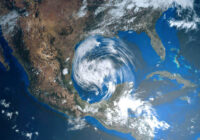A lot of attention is being paid to the profound impacts COVID-19 is having on the Chinese and global economy, steering us into uncharted waters with uncertain long-term consequences. Supply chain, trade, investment, lending and GDP impacts are readily measurable, but less attention is being paid to the political impacts the virus is having around the world, which are not only less easily measured, but usually take more time to evolve and be understood.
In China, the potential political impacts have compounded the nature of the Chinese government’s reaction to the coronavirus outbreak, which is to not be transparent, fail to provide accurate information and punish individuals who try to share data about the outbreak. It wasn’t the likely economic impact of the virus on the Chinese economy that prompted the government to act in such a manner — which is wholly consistent with how it controls and manipulates information more generally — but the potential political impact which was the driver.
Will a Struggling Global Economy Survive the Coronavirus?
As we know, Beijing fears instability more than anything else, yet its approach to this subject has succeeded in creating greater political and economic instability than may otherwise have been the case if it had provided transparent and accurate information, and had not punished those who dared to share it.
Backlash
The result has been a backlash against the government for, in essence, breaking the social contract it has with the Chinese people, which is to keep the economy strong, provide a better life for them than their parents had and to keep both the people and the nation safe. When events have great personal impact — as COVID-19 has had on the Chinese population, resulting in serious illness and thousands of deaths of loved ones and friends — many people feel they have no choice but to speak up and object to the way the government managed the outbreak.
Criticism of President Xi Jinping and the government has exploded on Chinese social media, faster than the government’s censors can eliminate it. The revulsion the Chinese people have for how this crisis has been managed will linger for years to come. Will it result in a political revolution? Unlikely, but few governments can withstand repeated bungling of consequential crises. The Chinese government has basically been put on notice.
In Japan, Prime Minister Shinzo Abe’s response to the virus has drawn comparisons with the government’s bungled response to the Fukushima crisis, which the Japanese people believe put them at great risk. The virus spread wildly for weeks on the Diamond Princess cruise ship and has been spreading for weeks now in the general population. It was only last week that Abe closed the country’s schools. His cabinet’s approval rating has slipped to 41%, imperiling his ability to pass additional economic reforms. The 2020 Olympics are likely to be canceled. The Japanese people appear to have lost confidence in his administration. How long will it be before they demand a change in government?
President Moon Jae-in was already on unsteady ground as the South Korean economy has been on the brink of recession for months. Protests against his administration were already growing before COVID-19 erupted in the country. More than a million Koreans have signed a petition seeking Moon’s ouster, stating that he has placed commercial relations with China ahead of public safety and that he waited too long to ban Chinese visitors. The South Korean people have lost confidence in his government and are demanding change.
Acceptable Performance
As the virus continues to spread, governments around the world are likely to experience a similar response from their people. How many governments are likely to prove to be proactive, ahead of the curve and provide a wholly acceptable performance? Very few, unfortunately, as most are ill-prepared either in terms of management style, resources or capabilities to address a crisis of this magnitude.
The United States is no exception. Major airports in the US still are not checking passengers arriving on flights from abroad for their temperature as they walk toward passport control. Only this week did the Centers for Disease Control agree to grant commercial and university laboratories permission to produce COVID-19 testing kits because of a severe shortage. Federal and state governments are not working together closely enough to craft a coordinated response to the virus.
COVID-19 will have profound impacts on polities and economies around the world. As this outbreak continues to slowly unfold, all types of governments — democracies, autocracies and military governments alike — will prove to their people just how unprepared they are to tackle this viral pandemic. Likewise, citizenries the world over will voice their displeasure with the lack of proper planning, devotion of resources or sheer incompetence in addressing the virus. In some cases, the net result will be a change of government. The world’s governments have now been put on notice.
The views expressed in this article are the author’s own and do not necessarily reflect Fair Observer’s editorial policy.
Support Fair Observer
We rely on your support for our independence, diversity and quality.
For more than 10 years, Fair Observer has been free, fair and independent. No billionaire owns us, no advertisers control us. We are a reader-supported nonprofit. Unlike many other publications, we keep our content free for readers regardless of where they live or whether they can afford to pay. We have no paywalls and no ads.
In the post-truth era of fake news, echo chambers and filter bubbles, we publish a plurality of perspectives from around the world. Anyone can publish with us, but everyone goes through a rigorous editorial process. So, you get fact-checked, well-reasoned content instead of noise.
We publish 2,500+ voices from 90+ countries. We also conduct education and training programs
on subjects ranging from digital media and journalism to writing and critical thinking. This
doesn’t come cheap. Servers, editors, trainers and web developers cost
money.
Please consider supporting us on a regular basis as a recurring donor or a
sustaining member.
Will you support FO’s journalism?
We rely on your support for our independence, diversity and quality.



